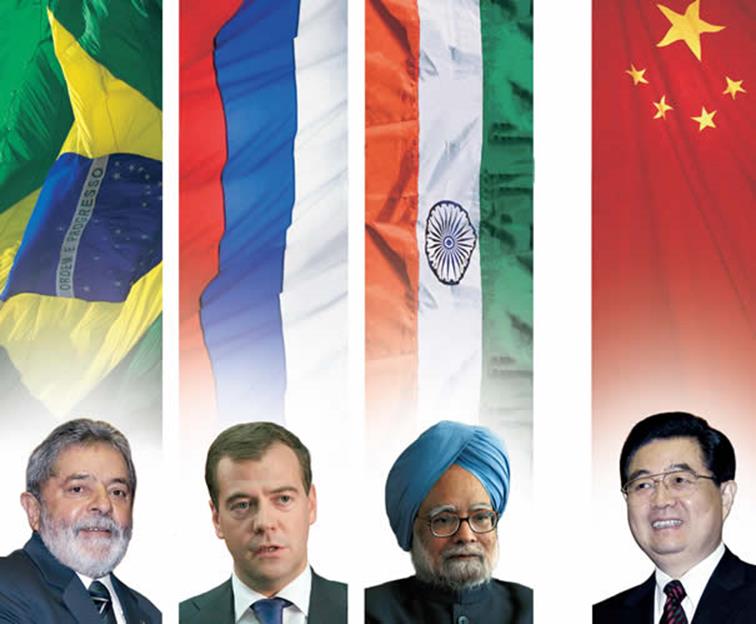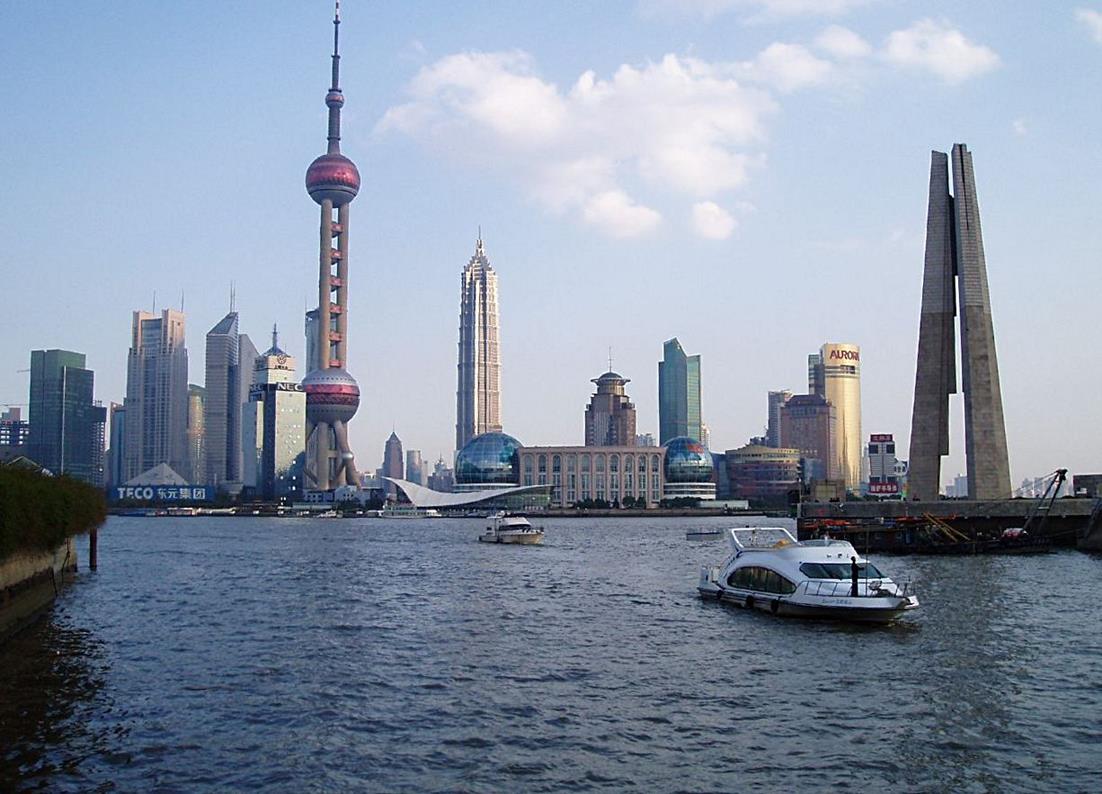The $0.99 Mystery
July 13, 2012 in Daily Bulletin

Tim Harford presented three explanations for why so many prices in stores end in .99. They are:
- A .99 price requires the person at checkout to open the drawer and make change. This prevents them from giving the item away to the consumer and pocketing the money for themselves.
- Some believe that a price that ends with .99 is a mark of quality that makes consumers feel more comfortable.
- The most popular explanation, however, is that by the time customers see the .99 in $7.99, they already think the good is priced closer to $7 than $8.
To read more including why Harford decided to write this article, how changing eras have led to changing explanations, the role of psychology in economics, and what studies have suggested, click here.
Source: Tim Harford
Via: Marginal Revolution









Join the Discussion! (No Signup Required)